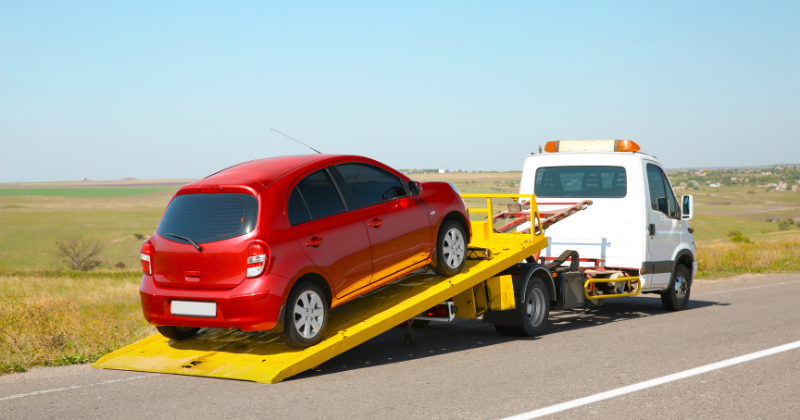Handing over your car to someone else—especially for a long journey—can feel a bit unsettling. Whether you’re moving across the country, sending a vehicle to a student, or buying a car online, you might find yourself wondering: Is it really safe to ship a car?
The short answer is: yes, it’s very safe, as long as you use a reputable and properly licensed transport company. Auto transport is a well-regulated industry, and millions of vehicles are shipped every year with minimal incidents. But, like any service, safety depends on preparation, communication, and choosing the right partner.
Let’s start with the basics. All professional car transporters are required to be registered with the U.S. Department of Transportation (DOT) and must carry valid insurance coverage. This means that from the moment your car is loaded until the moment it’s delivered, it’s protected under the carrier’s cargo insurance policy.
Damage during shipping is rare, but it can happen—usually from road debris, weather exposure, or minor handling errors. When it does, the carrier’s insurance is responsible for covering repairs. That’s why one of the most important safety steps you can take is to choose a transporter who’s not only licensed but also transparent about their insurance limits and claims process.
Before your vehicle is loaded, the driver will perform a detailed inspection and document the condition of your car on a form called the Bill of Lading. You should take part in this walk-around, point out any existing damage, and take your own photos for backup. This document becomes the foundation for any future claim and is just as much for your protection as it is for the carrier’s.
Once your car is on the trailer—especially in open car transport, which is the most common method—it will be securely strapped and positioned to avoid contact with other vehicles. While the car is exposed to the elements, it’s firmly locked in place, and drivers regularly inspect loads during the journey. For added peace of mind, enclosed transport offers even greater protection, shielding your vehicle from weather and road hazards completely.
If your car has unique needs—such as low clearance, large size, or inoperability—it’s important to communicate that up front. Some safety issues during transport arise not from the journey itself, but from surprises at pickup. Letting your carrier know about your vehicle’s specifics allows them to bring the right equipment and avoid any last-minute risks.
You should also take precautions on your end. Clean your vehicle before transport so any scratches or dents can be clearly seen. Remove personal items and aftermarket accessories, which could shift or break in transit. Disable alarms and make sure your battery is charged, especially if your car will be on the trailer for several days.
What about theft? It’s a natural concern, but vehicle theft during shipping is extremely rare. Your car, including its windshields, remains locked and secured throughout the trip. Reputable carriers keep close track of their loads and are held to strict accountability. Most theft or vandalism issues happen when people try to ship cars packed with valuables or personal goods, which isn’t recommended or insured.
If safety is still a concern, look for a transporter that offers tracking updates or GPS location sharing. While not all carriers provide real-time tracking, many offer status updates during the trip or a direct line to the driver for updates. Staying informed goes a long way toward reducing stress.
In truth, car shipping is a routine and dependable service when handled by professionals. Most cars arrive in perfect condition and on schedule. And with the added protection of insurance and proper documentation, even the rare hiccups are manageable—even in cases involving commercial international disputes, where clear contracts and legal compliance become essential.
So yes—shipping your car is safe, and often far safer than driving it cross-country yourself. With a bit of research and a reliable transport partner, your vehicle will be in good hands from pickup to delivery.
